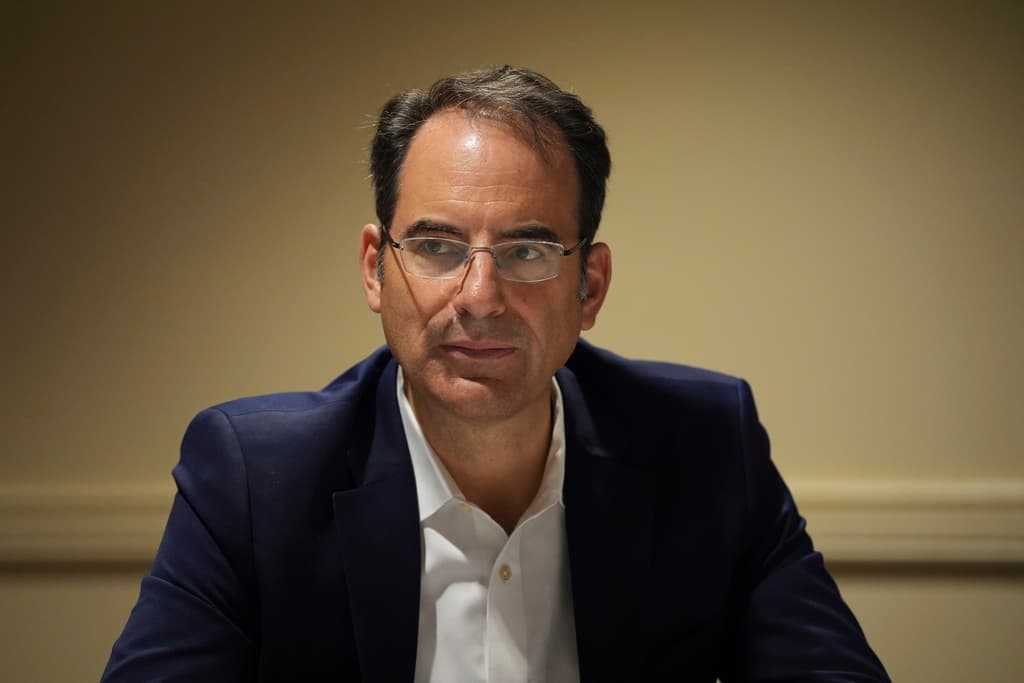
Recently, I shared with some of my colleagues memories of childhood; elementary school, junior high and high school. I was bussed into a white neighborhood starting in the second grade. It was in the second grade that I first heard the “n-word.” I had never heard it before, but I soon figured out its meaning and intent. I was fortunate that there wasn’t pervasive racism in the elementary school I attended in the Canarsie neighborhood of Brooklyn, NY. After graduation I attended Blidersee Junior High in the same neighborhood. Bildersee received students from the Canarsie elementary schools that were predominantly white as well as students from a section of the neighborhood that had begun to become more integrated and had more Black residents. The high school nearby received students from outside of Canarsie and was even more integrated. Soon the area became a nexus of racial tensions among the student bodies of both schools, with racial tensions from the high school spilling over to the area where the junior high was located, and where I was a student at the time.
The junior high environment became so volatile that I became increasingly uncomfortable and feared for my safety. And then I became aware of a high school that specialized in the arts – Performing Arts High School. It was the sister school and offshoot of a high school named after one of NYC’s mayors; the Fiorello H. LaGuardia High School of Music and Art, founded in 1936. Both schools boast many famous alumni, such as Ben Vereen, Al Pacino, Billy Dee Williams, Dom DeLuise, Jennifer Anniston, and Corbin Bleu, to name a few. I loved music, but I also saw this as an opportunity to get away from a volatile situation in Brooklyn, so I auditioned for Performing Arts and was accepted. I very happily bid farewell to Bildersee Junior High and began the 9th grade at what we affectionately called our high school, “P.A.”(Performing Arts).
The refrain of the spiritual, In “That Great Getting’ Up Morning” says “In that great getting up morning fare thee well…” The song is generally known as a song of judgment, referring to the judgment that awaits sinners at the end of time, when all are judged for their conduct in this world. “Fare thee well,” or fare you well, is a way of speaking about leaving the earthly plain and going to heaven. The singer bids farewell to those remaining as they depart this life for the next. For the enslaved, this also held meaning within the context of slavery. The singer bids farewell to hardship and atrocity in this lifetime, not waiting to be delivered in death, but freedom from slavery in this life.
The song is jubilant, joyful, and celebratory. One might infer a coded message in the lyric as well. “In that great getting up morning” might refer to the time when an escape would take place, communicating the intent of the person singing to leave their horrible situation and bid it, farewell. Indeed, one of the verses states, “There’s a better day a-comin’.” For my part, I was delighted to escape the very turbulent, toxic and troubled environment of my junior high school days for a “better day.” The promise of something better gave me hope, as it did the enslaved community in America. Today, we can all gain encouragement and hope for a better day in the future. Things can and will be better economically, ecologically, with education, with equity for race, gender, and class issues, and with our world as we see recovery from the ravages of the pandemic on the horizon. The Christian Bible says that “weeping may endure for a night, but joy comes in the morning.” (Psalm 30:5) This hopeful and encouraging sentiment is echoed in the song of the enslaved who declared…
In that great getting’ up mornin’ fare thee well, fare thee well,
In that great getting’ up mornin’ fare thee well, fare thee well.
M. Roger Holland, II is Teaching Assistant Professor of African American Music and Theology at the University of Denver’s Lamont School of Music, and Director of DU’s Spirituals Project Choir.
Listen to Professor Holland’s monthly musical selections and commentary throughout the year on CPR Classical, including Sunday mornings on our choral music show Sing!, hosted by David Ginder.
February's Spiritual - “Lord, How Come Me Here?”
March's Spiritual - “He Never Said A Mumblin Word”
April's Spiritual - "Ride On, King Jesus"
May's Spiritual - "Every Time I Feel The Spirit"
Hear CPR Classical by clicking “Listen Live” at the top on this website. You can also hear CPR Classical at 88.1 FM in Denver, at radio signals around Colorado, or ask your smart speaker to “Play CPR Classical.”








